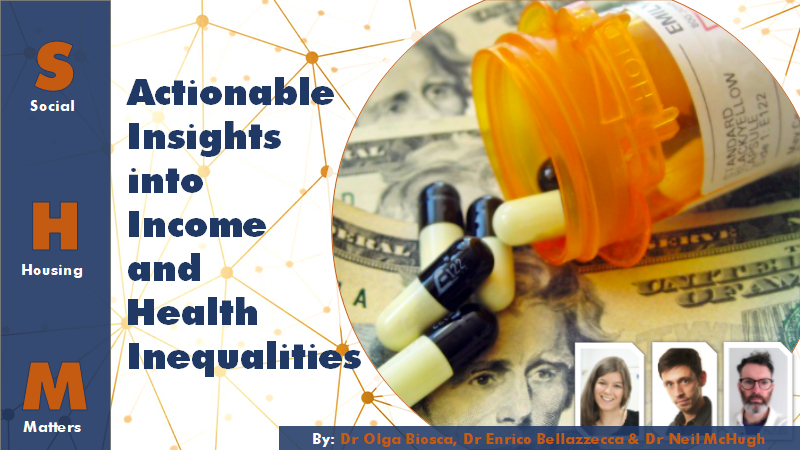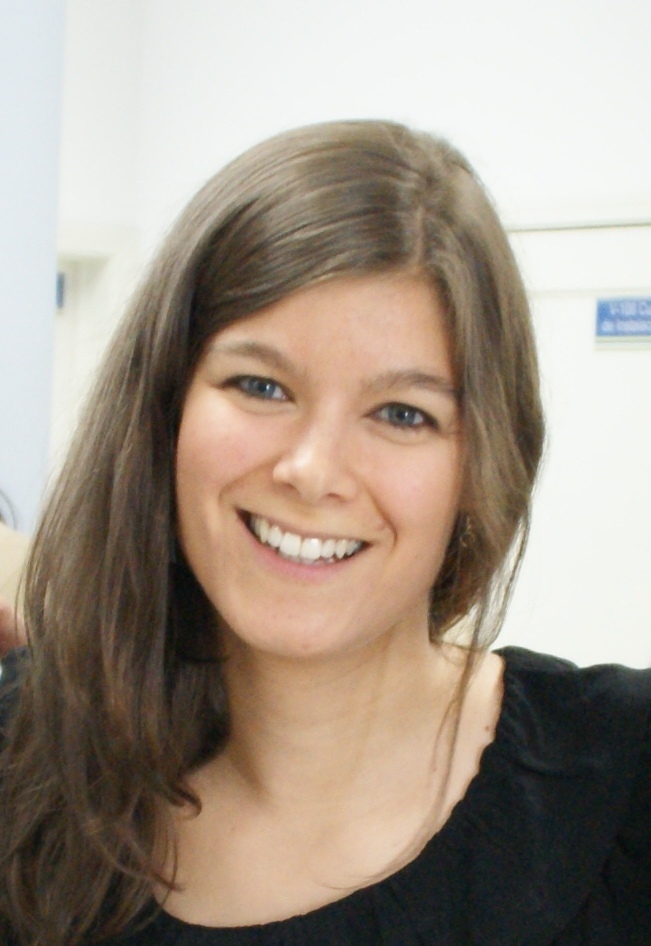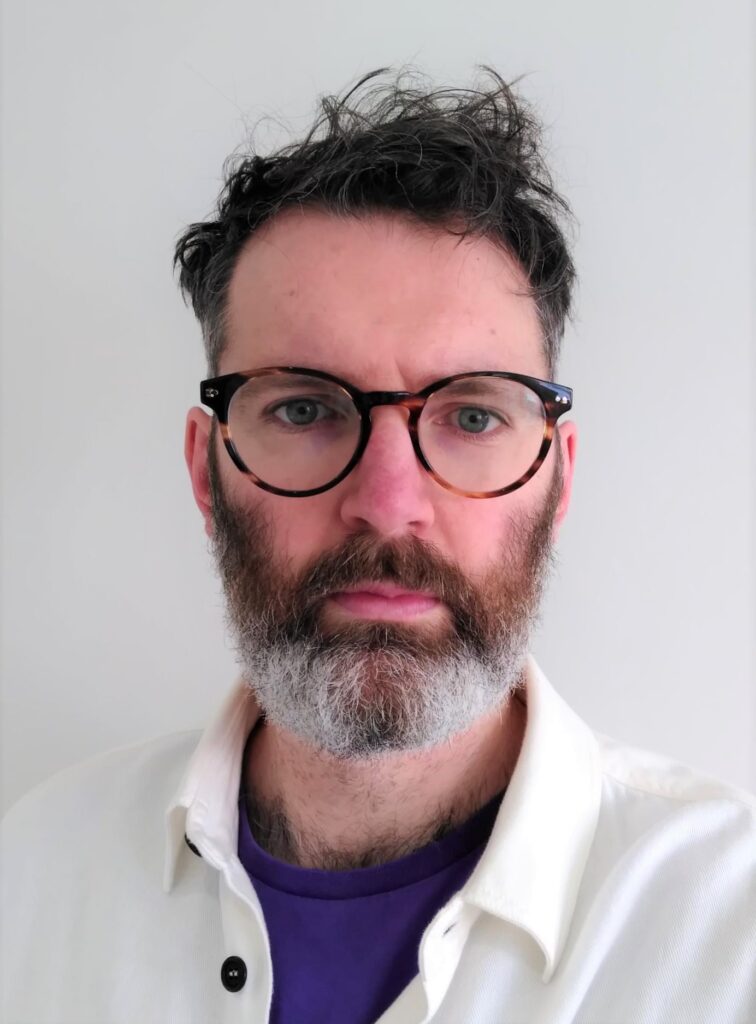
We know that difficult financial situations and poor health are interrelated. However, it is not clear how the circumstances of people’s lives affect the link between finances and health. During six months, we followed the everyday lives of 21 individuals living on low incomes and managing multiple long-term conditions. We used financial diaries to capture every income and expenditure transaction that they made, and interviews to better understand the rationales behind those financial decisions. This gave us an insight into the decision-making processes of our diarists, the circumstances in which decisions were made and the alternatives, if any, available to them. Our work offers a unique insight into how and why the finances and health of our diarists interact.
Difficult lives
During the study, we met people like Daliya, a 27-year-old mother with multiple long-term health conditions living in South London. Before her children were born, she worked full time, but she later stopped working to care for her children, aged three and six. Daliya raises her kids alone and receives limited support from her children’s father. When we first met her, she was receiving means-tested benefits as well as disability and sickness benefits. Daliya was also actively looking for a job but she couldn’t find one. Over the course of 2019 and 2020, Daliya experienced cuts and interruption to her benefits, making her unable to pay her bills at times. When her benefits were interrupted, her savings quickly ran out and she couldn’t cover her family’s daily expenses. With no income at all, loans were the only way in which her family could survive this particular cliff-edge moment of being unemployed and losing benefits. Daliya would tell us that she was budgeting and making financial decisions to the hour. Eventually, following an appeal, Daliya started receiving Personal Independence Payments (PIP) three months later. Unsurprisingly, this situation put a major stress on her mental health.
Difficult decisions
Our diarists have incredibly complex financial lives. They need to use sophisticated money management strategies mainly due to their general economic insecurity, unemployment, and frequent month-to-month income and expenditure swings. They often find themselves in extremely precarious situations, with fewer options to manage the unexpected events that can lead to spiralling financial and health issues. To stay afloat in these cliff-edge moments, individuals end up managing a portfolio of formal and informal loans, with relatives and friends being a main source of small, short-term, flexible, and interest-free loans. On average, our diarists were making major financial decisions almost every other day, such as deciding between taking out or paying back a loan, or paying for insurance. These decisions are particularly hard to make because of their urgency, future implications, the relatively large sums involved, and because they cannot be easily reversed. This was the main source of stress and anxiety for practically all our diarists.
What can we change
Better understanding the financial issues faced by individuals with long-term conditions will help us inform interventions to support people’s health. With these interventions, we can slow the progression ‘from one to many’ and improve the wellbeing of those already living with long-term health conditions.
People living on low incomes with long-term conditions interact with a range of organisations in the course of their daily lives: banks, lenders, money, debt and other advice agencies, employers, landlords, GPs, community and mental health services, Job Centres and welfare officers. It is crucial that these organisations, as well as regulators, and decision makers in welfare and healthcare systems recognise their role in furthering financial, mental and physical health of people with multiple long-term conditions.
The challenge for housing is how do we alleviate the in the moment financial distress and support tenants navigate this complex web of services that encircle tenants living at the intersection of low income and health inequalities?
About the Authors

Olga Biosca is a Reader at the Yunus Centre for Social Business and Health, Glasgow Caledonian University. She has written primarily about financial inclusion, microfinance, health and wellbeing. She has also focused on transnational comparative research dealing with exclusion and vulnerable groups. Olga is an expert on the financial diary methodology and was the first to implement it in the UK.

Enrico Bellazzecca is a post-doctoral researcher at Glasgow Caledonian University, Yunus Centre for Social Business and Health. His work focuses on how to evaluate the health and wellbeing impacts of social innovation and microfinance on vulnerable groups in society, mixed-methods research in applied health and social sciences and relating paradigmatic tensions. His work is underpinned by a focus on human rights, social determinants of health and sustainable development.

Neil McHugh is a Reader at the Yunus Centre for Social Business and Health, Glasgow Caledonian University. His research lies at the intersection between ways to improve societal health and wellbeing and distributive justice. He works on projects exploring the health and wellbeing effects of income-based initiatives such as microfinance and the elicitation of societal values in relation to health resource allocation.
About Finwell London
FinWell London was a one-year research project generously funded by Guy’s and St. Thomas’ Charity (grant number EIC181201). The principal investigator was Dr Olga Biosca, Yunus Centre for Social Business and Health in Glasgow Caledonian University (GCU). Other members in the research team, also from GCU, were Professor Rachel Baker, Dr Ahalya Bala, Dr Enrico Bellazzecca, Professor Cam Donaldson, Dr Neil McHugh, Marta Mojarrieta, Professor Antony Morgan and Dr Gregory White. Professor Jonathan Morduch, New York University, was an advisor to the team. The FinWell London website can be accessed here and, for more detail, the technical report can be found here.



